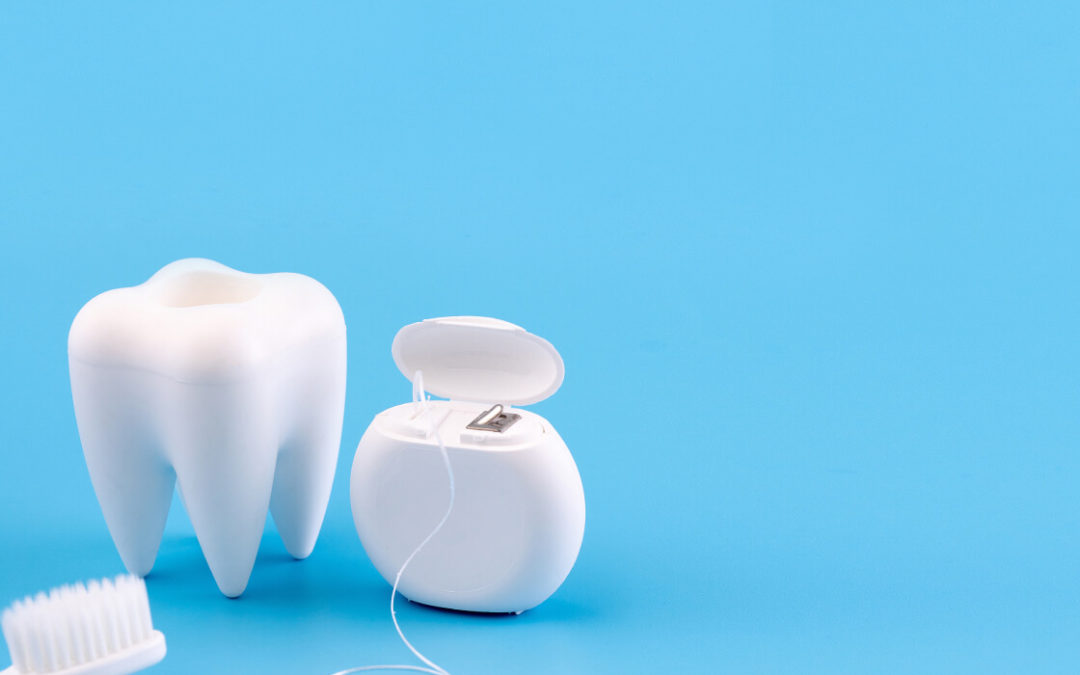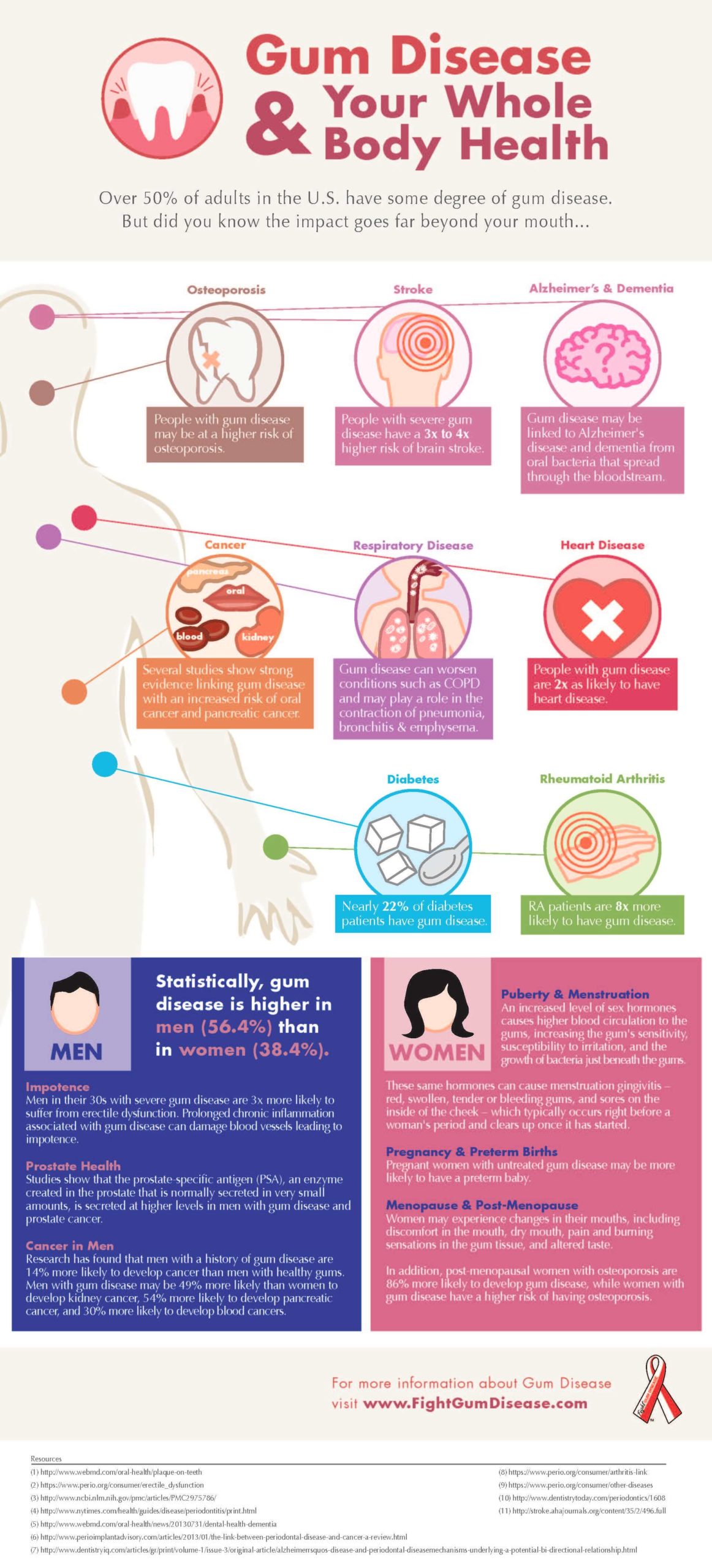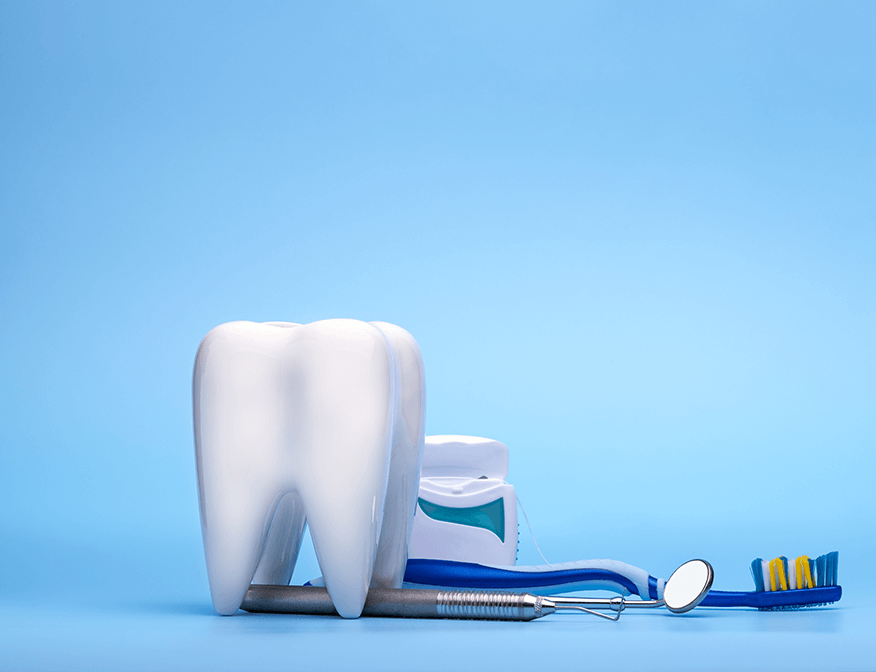
by Visivo | Mar 17, 2020 | Uncategorized
In an attempt to be as protective to our patients and our local Warsaw, Geneseo and surrounding Communities as possible, we are observing the recommendations of many state dental boards and seeing only emergency appointments.
We are doing our best to contact any patients that have upcoming appointments in the next week to reschedule with them.
We will be available for dental emergency care only during this time. Please call the Warsaw office at 585-786-3676 or our Geneseo office at 585-243-5588 and we will ensure that you get the care that you need. We will have team members in and out of the office as we feel it is safe to check messages and respond accordingly.
We feel that it is our social responsibility to comply with these recommendations and do our best to help “flatten the curve” at this time, we will be closing the office. As the situation is fluid and changing daily, we will be updating you via our Website and Facebook page as we get more information.
Please try to stay calm, safe and help out where you can. Together we can get through anything and this is when the power of a community really shines through.
Stay Safe and Healthy,
Summit Family Dental Care
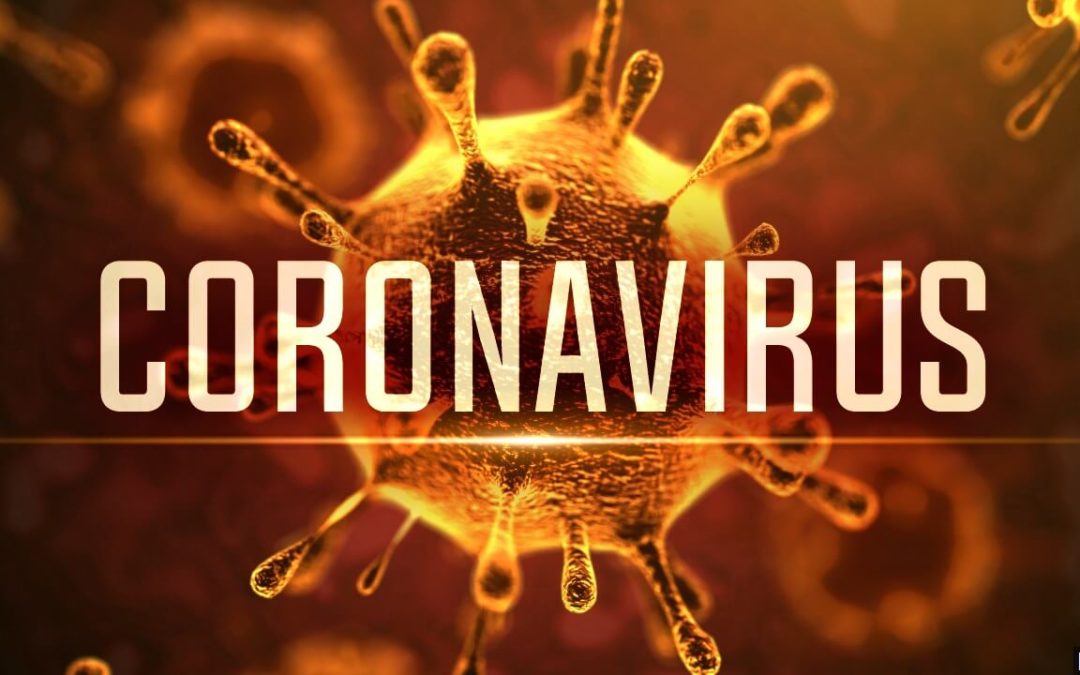
by Visivo | Mar 13, 2020 | Uncategorized
Dear Patients:
With so many news stories regarding COVID-19, the coronavirus, it’s understandable to be concerned. Your well-being is important to our dentists and dental staff. Please know that the precautions that our dental offices take every day to prevent the spread of infection already prevents the spread of COVID-19. Both offices follow universal precautions and infection control as authorized by the Centers for Disease Control (CDC) and American Dental Association (ADA).
If you are ill with flu-like symptoms, including fever, you should reschedule your appointment.
If you or someone you are in close contact with has recently traveled to a country with large outbreaks of COVID-19 (ie: China, Italy, Iran, South Korea) or you have been exposed to someone who has been diagnosed with the coronavirus, wait 14 days until you see us to make sure you have not caught the virus.
If you are experiencing a dental emergency and are symptomatic, kindly call the office to inform us so that we can prepare for your arrival and safe treatment standards.
If you are healthy, there’s no need to cancel your regularly scheduled dental appointment.
We will continue to operate at both locations with regular business hours for your convenience.
https://www.cdc.gov/coronavirus/2019-ncov/index.html
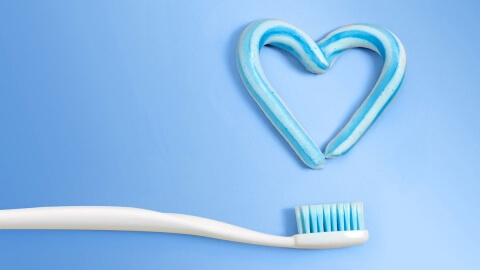
by Visivo | Jan 16, 2020 | Uncategorized
You may be wondering why your Summit Family Care Dental office is choosing to talk about heart health. As a dedicated member of your medical team, we’re not only concerned with keeping your teeth and gums healthy, but rather we’re committed to keeping your whole body healthy. And it just so happens that your oral health plays a key role in overall wellness, including heart health. So during this American Heart Health Month, we want to provide all of our patients with important information on how keeping your smile in tip-top shape can help you maintain a healthy body.
How Does Dentistry Play a Role?
As research continues to advance what we know about heart disease, a strong correlation between oral health and heart health has been discovered. This link begins with gum health and, more specifically, gum disease. Gum disease is essentially an infection in the gum tissue that can lead to tooth loss. But perhaps what’s more concerning is that this infection has a direct route to the bloodstream. If it spreads, your body will produce excessive amounts of C-reactive protein (CRP), which is one of the known indicators of cardiovascular disease. Elevated levels of CRP can lead to some serious health issues including:
Inflamed arteries
Blood clots
Heart attacks
Strokes
How to Avoid Gum Disease
The best way to avoid gum disease and the dangerous effects it can have on your heart is to prevent it by brushing and flossing your teeth regularly. It’s also crucial to visit your dentist twice a year to remove buildup that your toothbrush just can’t touch.
Know the Signs
One of the scariest things about gum disease is that it can develop rapidly before you even suspect a problem. It is treatable and success is more likely if caught in the early stages. Knowing this, you should be aware of some early signs of gum disease so that you can seek treatment early. Some things to look out for include:
Bleeding when brushing or flossing
Puffy, tender gums
Bad breath
Teeth that feel loose
If you recognize any of the signs above, or it’s been more than six months since your last dental cleaning, call our dental office in Warsaw or Geneseo to schedule an appointment. Your smile and your heart will thank you.

by Visivo | Dec 30, 2019 | Uncategorized
It’s increasingly common to hear that oral health is vital for overall health. More than 80 percent of Americans, for example, are living with periodontal or gum disease, which often goes undiagnosed. This may be because the patient’s teeth feel fine, so he avoids going to the dentist, and visits to the physician rarely focus on oral health.
According to Delta Dental, however, there is now evidence of two specific links between oral health and heart disease. First, recent studies show that if you have gum disease in a moderate or advanced stage, you’re at greater risk for heart disease than someone with healthy gums. And second, your oral health can provide doctors with warning signs for a range of diseases and conditions, including those in the heart.
Why Are These Things Related?
Oral health and heart disease are connected by the spread of bacteria – and other germs – from your mouth to other parts of your body through the blood stream. When these bacteria reach the heart, they can attach themselves to any damaged area and cause inflammation. This can result in illnesses such as endocarditis, an infection of the inner lining of the heart, according to Mayo Clinic. Other cardiovascular conditions such as atherosclerosis (clogged arteries) and stroke have also been linked to inflammation caused by oral bacteria, according to the American Heart Association.
Who Is at Risk?
Patients with chronic gum conditions such as gingivitis or advanced periodontal disease have the highest risk for heart disease caused by poor oral health, particularly if it remains undiagnosed and unmanaged. The bacteria that are associated with gum infection are in the mouth and can enter the blood stream, where they attach to the blood vessels and increase your risk to cardiovascular disease. Even if you don’t have noticeable gum inflammation, however, inadequate oral hygiene and accumulated plaque puts you at risk for gum disease. The bacteria can also migrate into your bloodstream causing elevated C-reactive protein, which is a marker for inflammation in the blood vessels. This can increase your risk of heart disease and stroke, according to the Cleveland Clinic.
Symptoms and Warning Signs
According to the American Association of Periodontology (AAP), you may have gum disease, even if it’s in its early stages, if:
your gums are red, swollen and sore to the touch.
your gums bleed when you eat, brush or floss.
you see pus or other signs of infection around the gums and teeth.
your gums look as if they are “pulling away” from the teeth.
you frequently have bad breath or notice a bad taste in your mouth.
or some of your teeth are loose, or feel as if they are moving away from the other teeth.
Prevention Measures
Good oral hygiene and regular dental examinations are the best way to protect yourself against the development of gum disease. The American Dental Association (ADA) Mouth Healthy site recommends brushing your teeth twice a day with a soft-bristled brush that fits your mouth comfortably, so it reaches every tooth surface adequately. It also recommends that you use an ADA-accepted toothpaste such as Colgate Total® Advanced, which is proven to increase gum health in four weeks. You should also floss daily and visit your dentist for regular professional cleanings.
By being proactive about your oral health, you can protect yourself from developing a connection between oral health and heart disease, and keep your smile healthy, clean and beautiful throughout your life.
This article is intended to promote understanding of and knowledge about general oral health topics. It is not intended to be a substitute for professional advice, diagnosis or treatment. Always seek the advice of your dentist or other qualified healthcare provider with any questions you may have regarding a medical condition or treatment.




